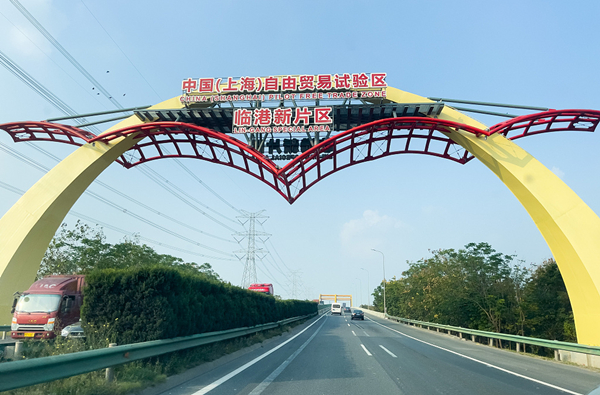City's first low-carbon center attracts eco-enthusiasts
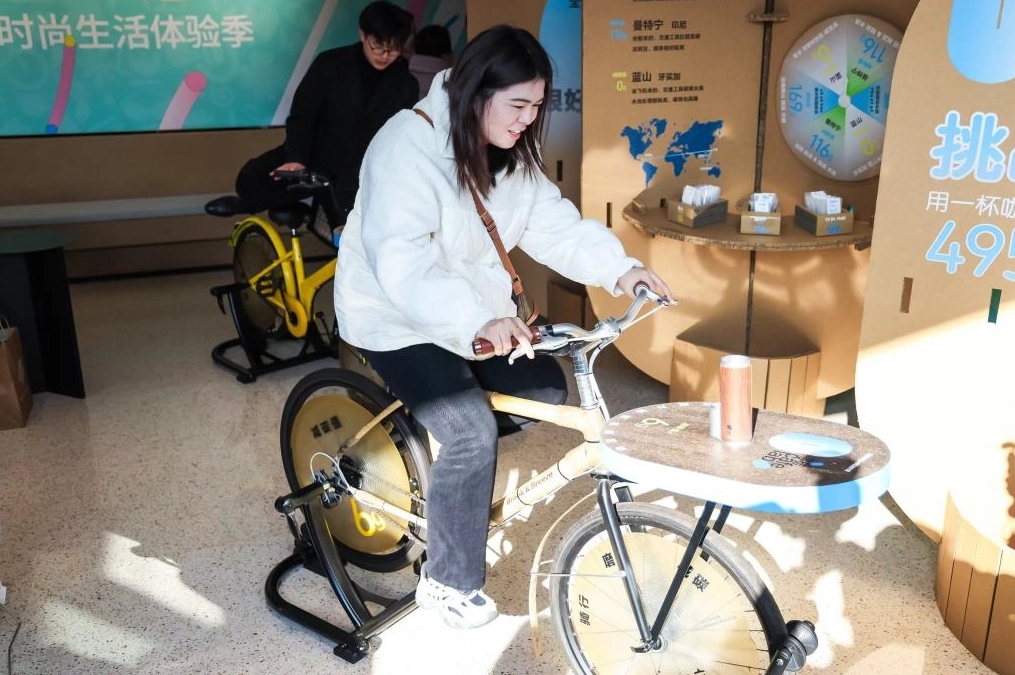
Imagine this: you hop on a bike, pedal for a few minutes, and voila — a steaming cup of freshly ground coffee beans is ready, the perfect reward for your effort.
Step into Shanghai's first low-carbon experience center, where you can gain knowledge and hands-on experience about low-carbon living.
The center, named "上海碳秘馆" and located in the Heping Park in Hongkou district, provides a glimpse into what a sustainable future could look like.
In the center's lobby, you can experience the global warming crisis with the immersive exhibition called If the Earth Warms by 6 C.
On the first floor, you'll find the "Low-Carbon Coffee Lab", where two stationary bicycles are set up to grind coffee beans. One bike is crafted from bamboo, while the other is a refurbished shared bike that has been discarded.
Riders pedal to spin the wheels, which power a generator. The electricity produced is sent to a coffee grinder mounted at the front of the bike, allowing visitors to grind their beans.
The device allows you to burn calories, enjoy a cup of coffee, and practice sustainable living — all at once.
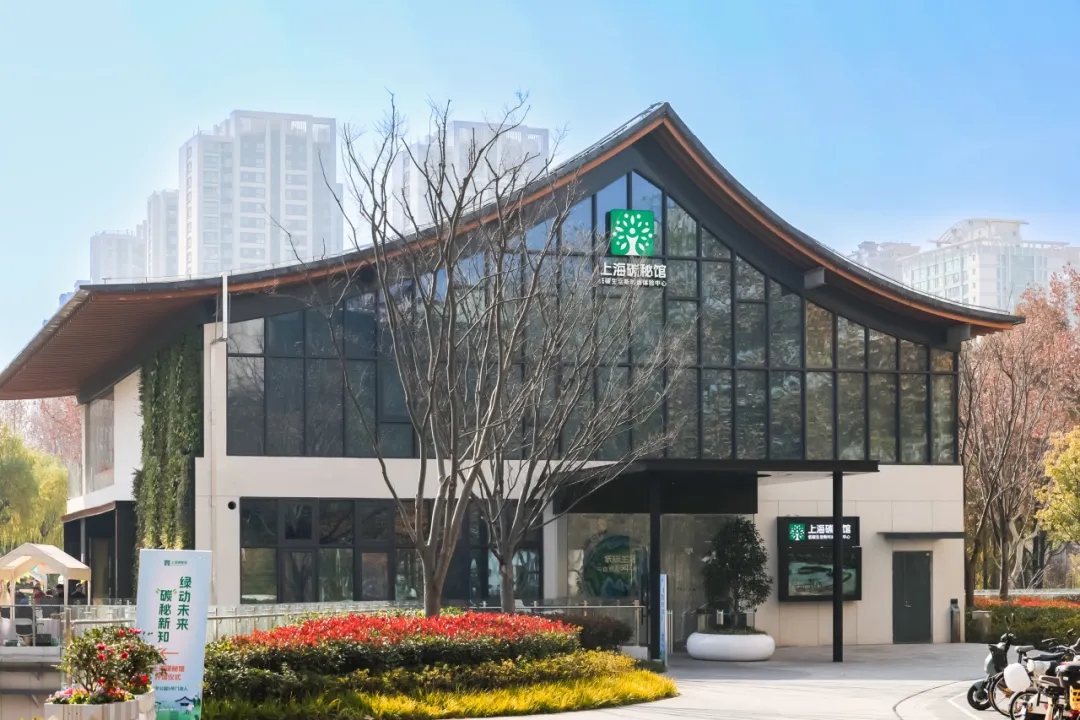
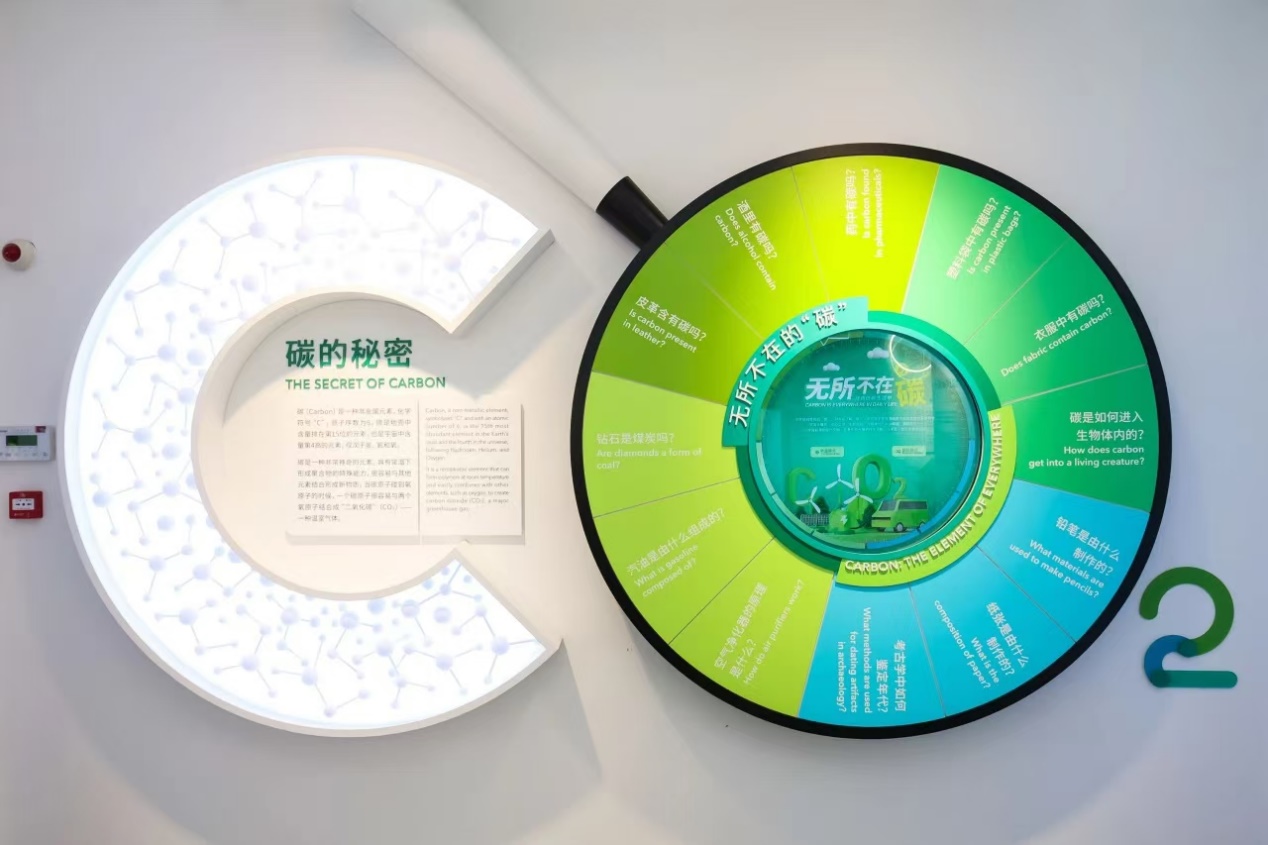
Your choice of coffee beans can also help reduce carbon footprint and pollution. For instance, the beans produced from Southwest China's Yunnan province are a popular choice because they are grown using organic fertilizers and ladybugs as bio-pesticides. Also, their transportation and processing produce less carbon emissions than beans imported from overseas.
Interactive areas also include a wall where you can tap on household appliances to learn about energy-saving tips.
The "Recycled Materials Library" transforms coffee grounds, straws, milk cartons, and other wastes into handmade soaps, cushions, and plastic bags and vases.
Among the renewable materials on display, one that stands out is panda poop paper, which is mainly used in interior wall designs.
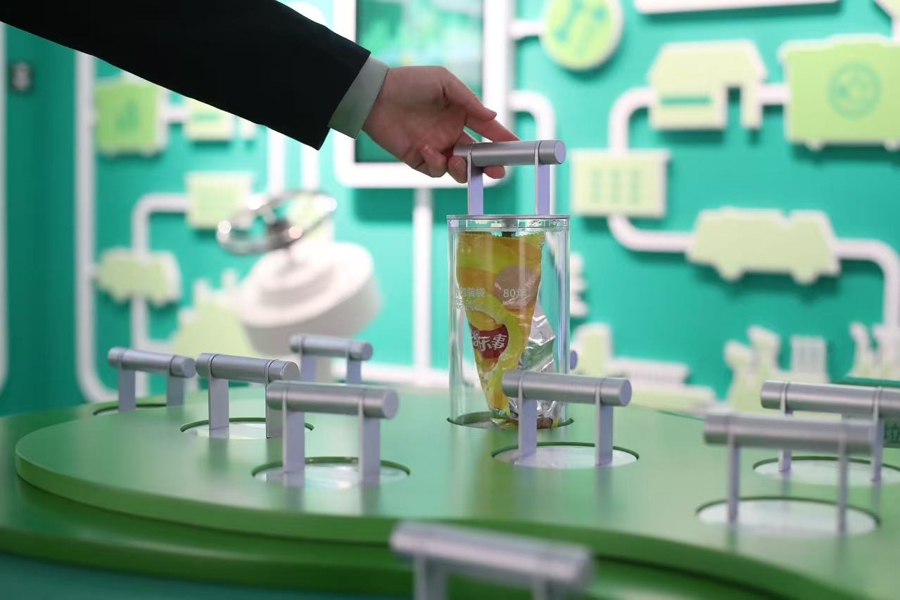
The center also sheds light on how long it takes for waste to degrade in nature: Did you know it takes 40 years for nylon to decompose? Or that a single battery take 100 years to break down? And foam plastics? They will never biodegrade.
As a key initiative by the Hongkou district to promote green development, the experience center has been in trial operation since September and it officially opened to the public on Dec 30.
The building operates in an environmentally friendly way: the photovoltaic panels installed on the roof can save more than 100,000 yuan ($13,699) a year in electricity cost.
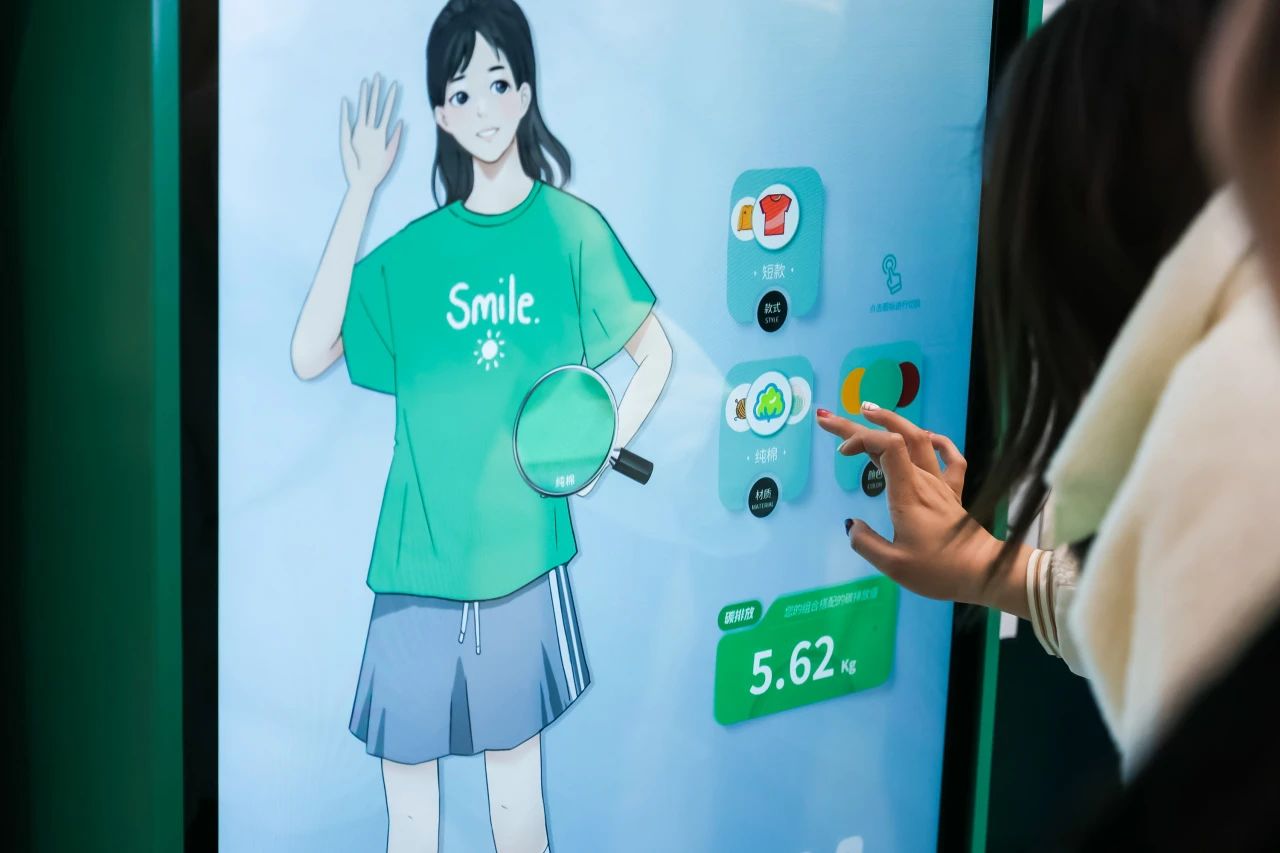
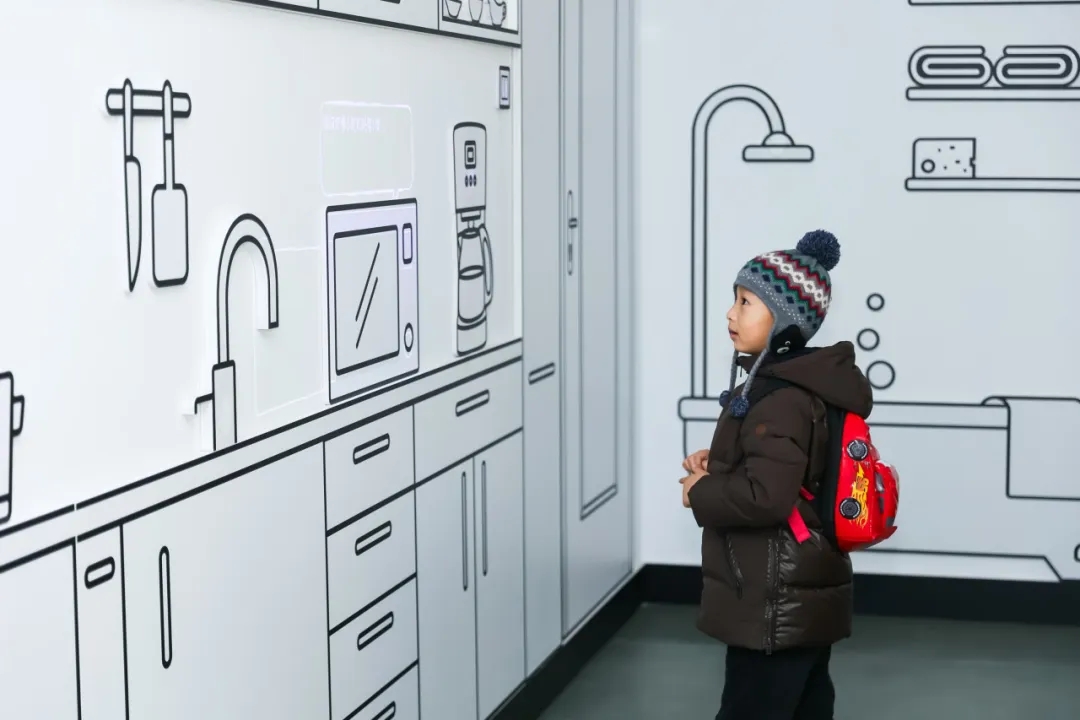
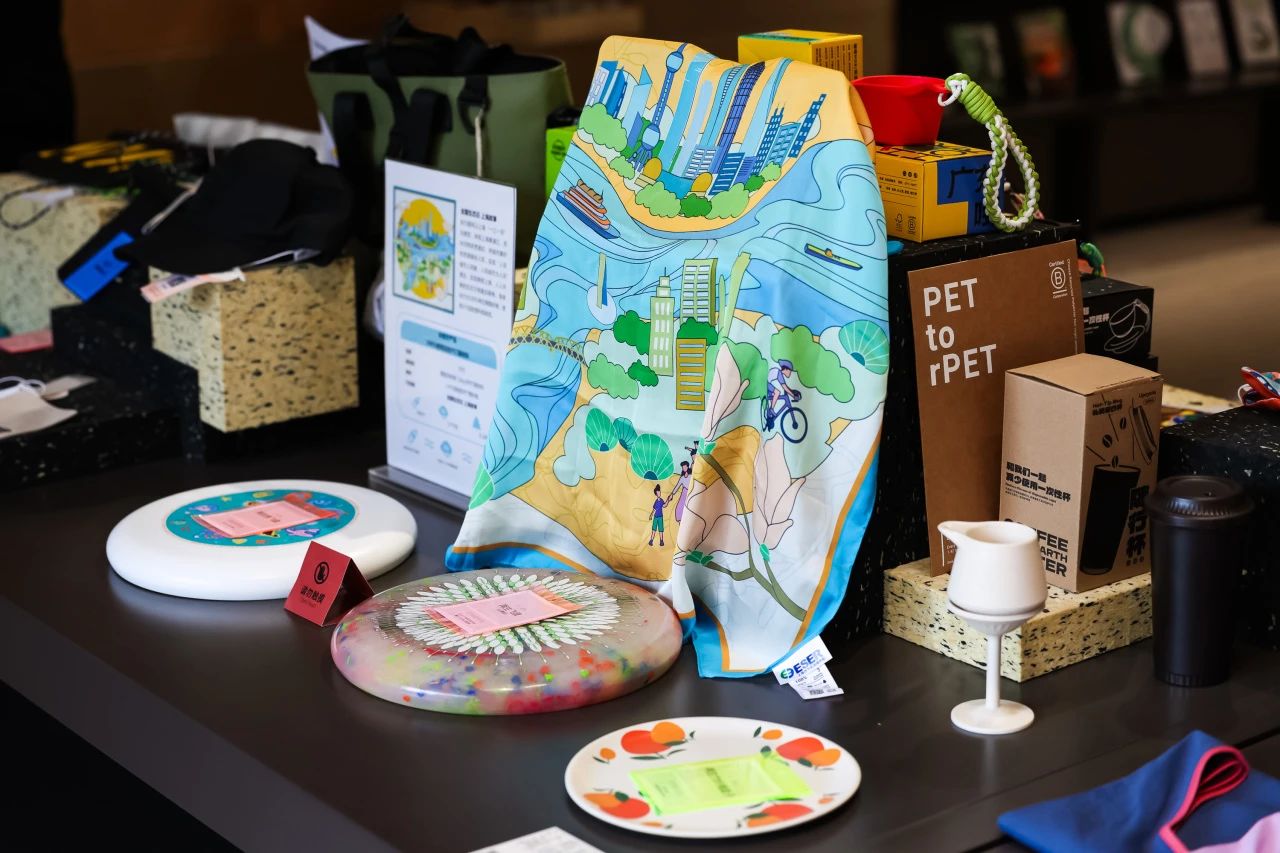
Here's how to visit to experience center: it is open daily from 9 am to 5:30 pm, except for the afternoon of Monday.
No reservation is required for individual visitors.
You can scan the QR code below for group visits and activity reservations.
Sources: WeChat account "碳秘馆", Jiefang Daily
